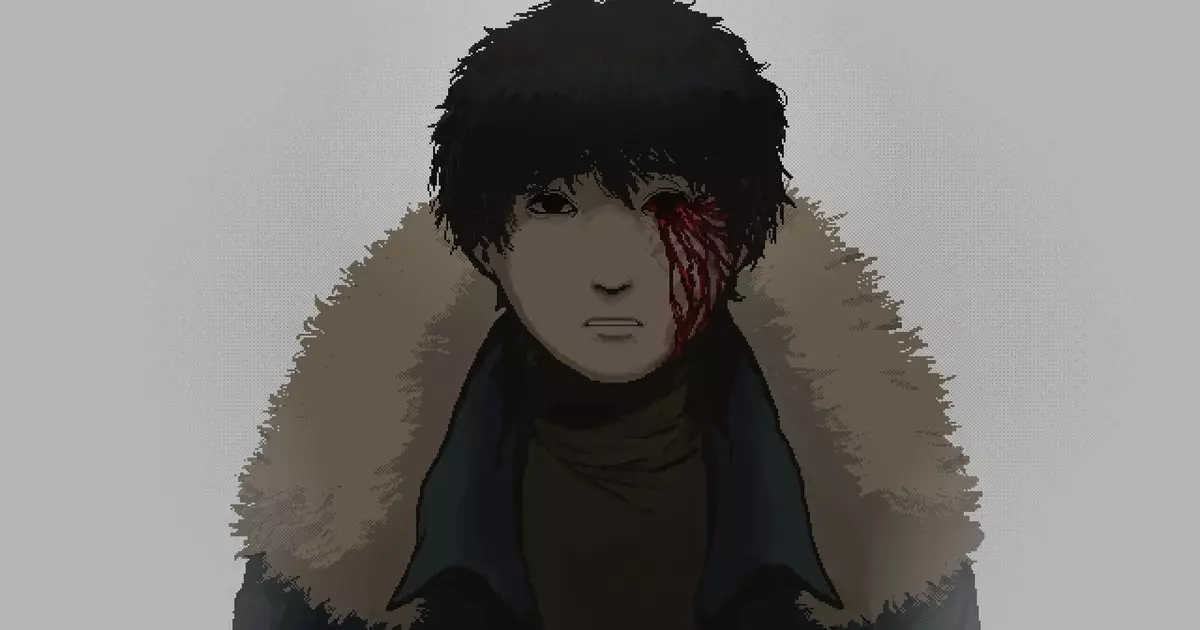In the ever-evolving world of role-playing games (RPGs), many developers strive to create immersive experiences that allow players to form deep connections with their characters. However, a fascinating new direction in this genre is emerging, particularly with the advent of the indie game, Downhill, developed by Sisterhood Games. This action RPG offers a daring premise: the protagonist, Fade, is not just a vessel for the player’s will but a distinct character with her own thoughts, feelings, and conflicts. This fourth wall-breaking mechanic invites players to acknowledge their role while simultaneously forming a meaningful bond with their character.
Instead of the typical scenario where a player molds their character into a perfect image of their desires, Downhill challenges lost gamers to navigate a relationship dynamic with Fade that tests the limits of control and autonomy. This creates a multifaceted interaction where the player’s decisions and dialogue choices dictate not only Fade’s development but also the emotional depth of their relationship. In a way, it invites introspection on the nature of player agency—challenging the “God complex” often seen in gaming, where characters exist solely to fulfill the player’s narrative.
An Exploration of Themes: Power and Abuse
At the heart of Downhill lies a profound exploration of power dynamics. Sisterhood Games emphasizes that the core theme revolves around authority and the consequences of its misuse. As players delve into the game, they are prompted to reflect on their decisions: Are they nurturing Fade, or are they exploiting her abilities for personal gain? This thematic resonance is not only thought-provoking, but it also nudges players to confront their complicity in role-playing scenarios. The game dismantles the traditional hierarchy between character and player, urging exploration into what it means to exercise power responsibly.
This concept may remind gamers of titles like Undertale and OneShot, which also play with the notion of breaking the fourth wall. However, Downhill sets itself apart with its unique stylistic choices and emotionally nuanced interactions, making it a noteworthy player in this innovative space. Here, developers have succeeded in marrying aesthetic appeal with deep narrative substance, creating an environment that is both accessible and challenging.
A Dark Fantasy Odyssey: Visuals and Mechanics
The visual design of Downhill captures a dark fantasy atmosphere that is both alluring and unsettling. Artists have infused the game with striking but creepy aesthetics, crafting monsters that challenge players even as they navigate Fade’s psyche. This distinctly rich atmosphere enhances the gameplay, enveloping players in a world where tension and opportunity intertwine. The environment feels like a character in itself, simultaneously reflecting Fade’s struggles and heightening the overarching sense of melancholy and foreboding.
Critical to the game’s design is its innovative revival mechanic. Players have the power to resurrect Fade as many times as they wish, an intriguing twist that signifies players’ impending influence over the narrative. However, every revival comes at a cost: Fade’s mental distress grows, a clever commentary on the consequences of manipulating one’s existence. This mechanic beautifully encapsulates the notion of sacrifice and the emotional weight of choices. It’s this thoughtful incorporation of traditional RPG strategies that elevates Downhill to a new level of meta-narrative significance.
The Kickstarter Journey: A Sense of Community
Downhill’s development is now a communal endeavor, with Sisterhood Games seeking funding through Kickstarter. This campaign isn’t merely about financial backing; it’s an invitation for players to become a part of Fade’s journey from its inception. Historically, community-driven projects have the tendency to forge strong bonds between developers and players, enabling a shared sense of purpose toward game completion and improvement.
Moreover, with the availability of a demo and a chance to wishlist the game on platforms like Steam, Sisterhood Games encourages players to immerse themselves in the experience before committing their resources. This strategy builds anticipation and excitement, engaging potential supporters in a critical dialogue about the game’s themes and mechanics.
In a landscape crowded with titles that prioritize flashy graphics or open worlds, Downhill’s introspective approach stands out, highlighting the profound capacity for connection in gaming while inviting both critique and celebration of its inherent power dynamics. In doing so, it not only enriches the player’s experience but also lays the groundwork for a new genre of relationship-driven RPGs that challenge conventions and inspire change.


Leave a Reply